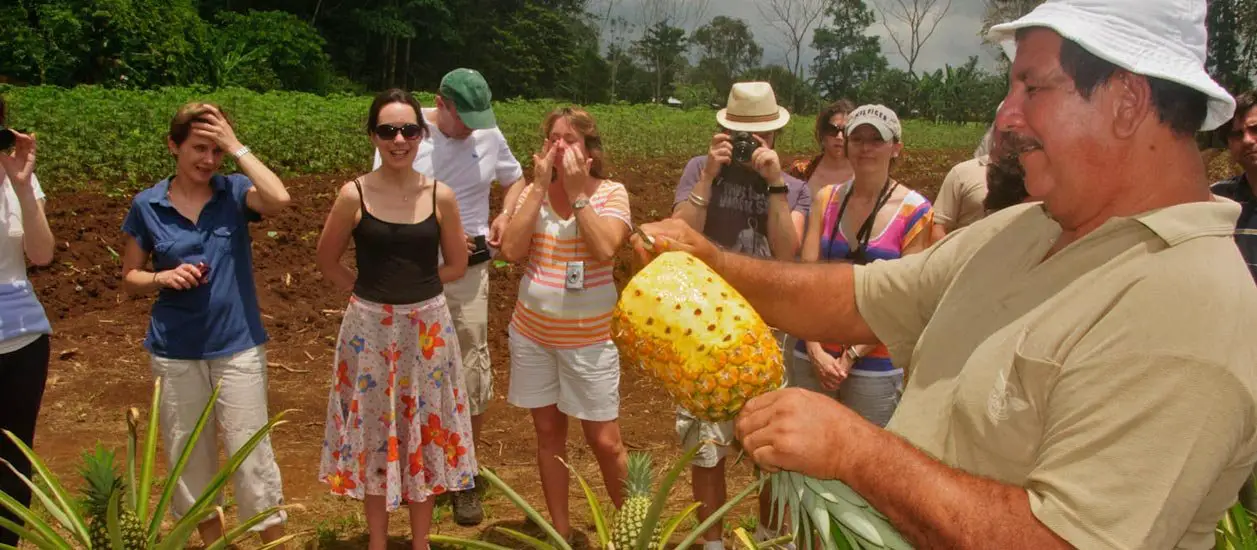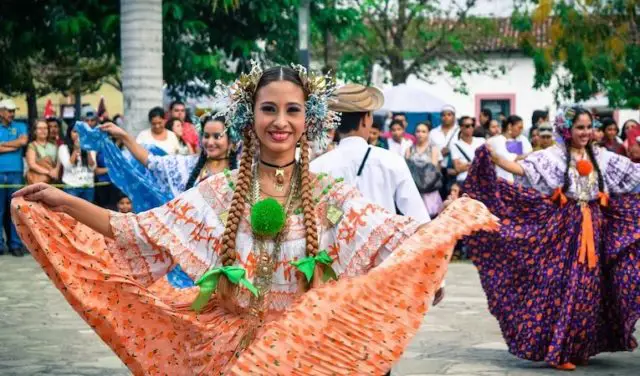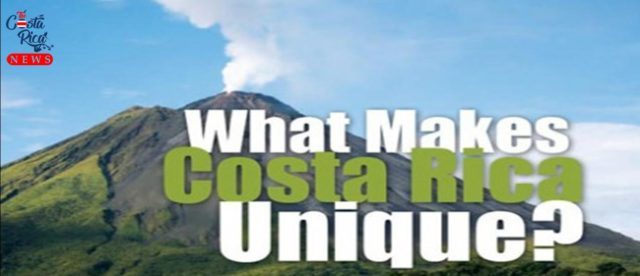Tourism in Costa Rica has been strengthening as an important sector for the country day after day, according to data from the National Tourism Institute, in 2018 alone more than 3 million tourists entered the nation, generating a contribution of 6.3 % of gross domestic product (GDP) in the national economy.

Costa Rica has currently been innovating and transforming the way tourism adapts to people’s tastes and preferences, one of these alternatives is “community-managed rural tourism”, which offers a closer experience with communities, nature, culture and the environment. This option, in turn, drives the local economy of each zone. It is important to know that the objective of community-managed rural tourism is to preserve the ethnic identity and the valuation and transmission of the cultural heritage of communities.
The profile of tourists who opt for this modality is those who want to get out of the routine, experience new customs and discover the cultural diversity that surrounds each community they visit. This type of tourism also stands out for being sustainable and eco-friendly. Generally, people who are inclined to it, are from Canada, Spain, Germany, France, and Italy, among others.
It is worth mentioning that Costa Rica has valuable natural resources that make it a perfect destination for the development of community-managed rural tourism. Giving tourists the chance to enjoy wonderful landscapes and share with the inhabitants of local populations. In addition to living a unique experience and learn new ways of looking at a country.

“The people here in Costa Rica are really friendly, everyone has been amazing and the scenery is awesome compared to what we have in Minnesota … it’s my first time here and I’m quite impressed,” said Kylem, an American tourist. With this type of experience, tourists participate and get involved in the daily life of locals in a given area, where they will feel like guests rather than tourists. And this is thanks to the fact that it is not destined at crowded tourist centers, but rather in small rural communities. They will also have access to indigenous territories and reserves that have not altered their way of life to adapt to tourist’s tastes and needs.
With rural community tourism, people can explore hidden places in the country, by way of those who know them best: their inhabitants. Also, this option offers an indigenous cuisine with typical foods of the area. Tourists can also buy handicrafts and why not make their memories themselves with the help of the locals.
This type of tourism offers people the opportunity to live closely with the experience of each locality they visit. For example, at coffee plantations, you can experience the life of a coffee grower, how coffee beans are harvested, through guided tours through trails among the crops, as well as its processing and of course tasting the different blends while at the same time enjoying the beautiful surrounding nature. Tourists can also visit the livestock farms, for example, they can learn how cheese is made in an artisanal way, and how the cattle dung is used for the production of biogas and bio-fertilizers. Also, savor a native barbecue cooked with wood, among other activities.

Another of the options that can be enjoyed in community-managed rural tourism is organic agriculture, hiking, ecological shelters, gastronomy, masquerades, suspension bridges, horseback riding, waterfalls, and discovering the Afro-Caribbean culture.
The best thing offered by this kind of tourism is that it is widely distributed throughout the country, so there are no regions that can stand out from others, that is, an experience that you can live in every corner you visit. In Costa Rica, there are more than 80 specialized rural-tourism travel agencies that are responsible for organizing packages for foreign tourists, in turn, these are allied with small rural businesses to enhance the experience for all the participants.


